Many Georgians see the recent election as a crucial referendum on the country’s path toward European Union membership. Georgia was granted EU candidate status last year, but its accession process was paused this summer after the ruling party, Georgian Dream, passed legislation modeled after Russian laws. These laws targeted Western-backed NGOs and imposed restrictions on LGBTQ+ rights, raising concerns both domestically and internationally.
EU foreign ministers are set to discuss the situation in Georgia during a meeting on Monday. One diplomat indicated that the two primary options on the table are either increasing support for Georgia’s civil society or imposing sanctions on the Georgian government.
On Saturday, the electoral commission announced that the pro-Russian Georgian Dream party won 53.93% of the vote, while an alliance of pro-Western opposition groups garnered 37.79%. This result has been met with widespread protests across the country.
The unrest escalated on Friday, when demonstrators stormed the parliament in the Moscow-backed breakaway Georgian region of Abkhazia. Protesters were calling for the resignation of the region’s leader, Aslan Bzhania, after he supported a controversial investment deal with Russia.
Despite the mounting pressure, Bzhania has said he has no plans to step down and indicated that negotiations with opposition representatives were ongoing. However, opposition leaders have rejected Bzhania’s remarks, and reports suggest they have halted talks with the government entirely.




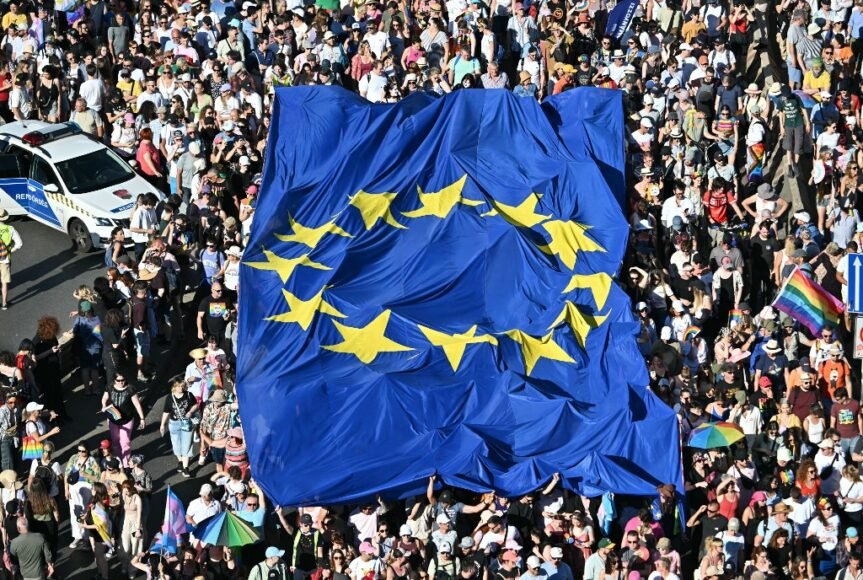
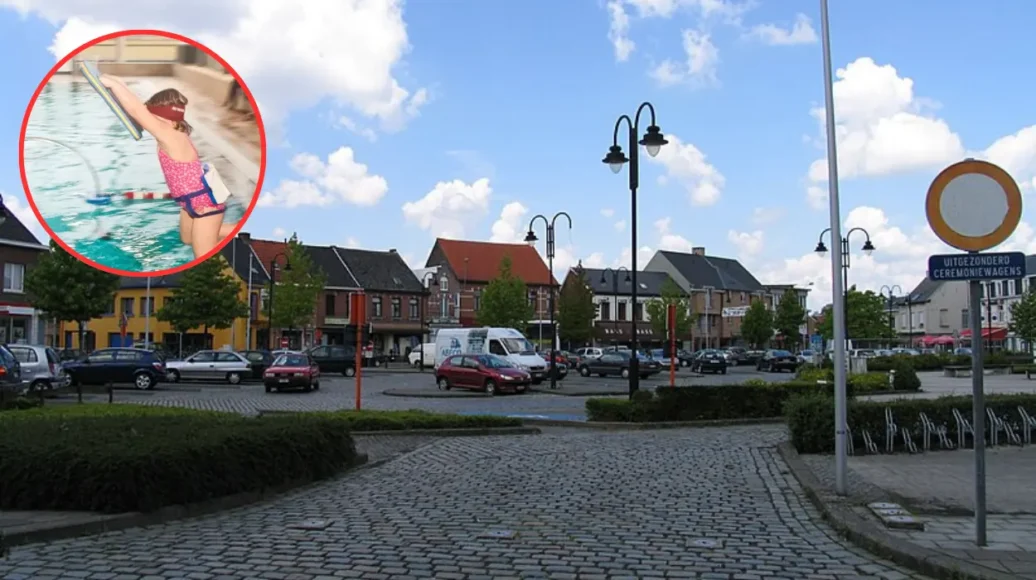
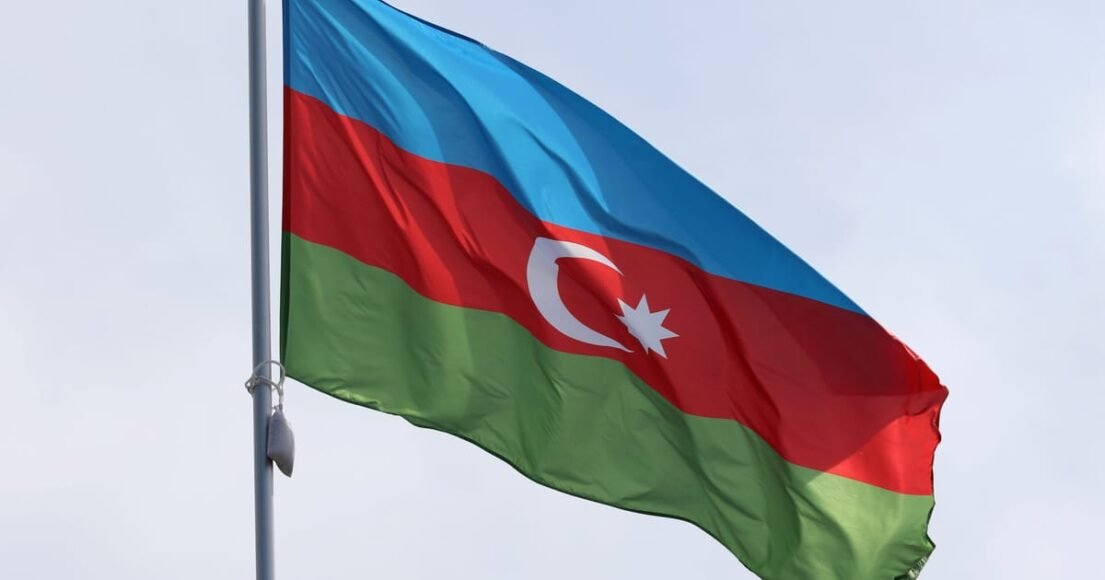
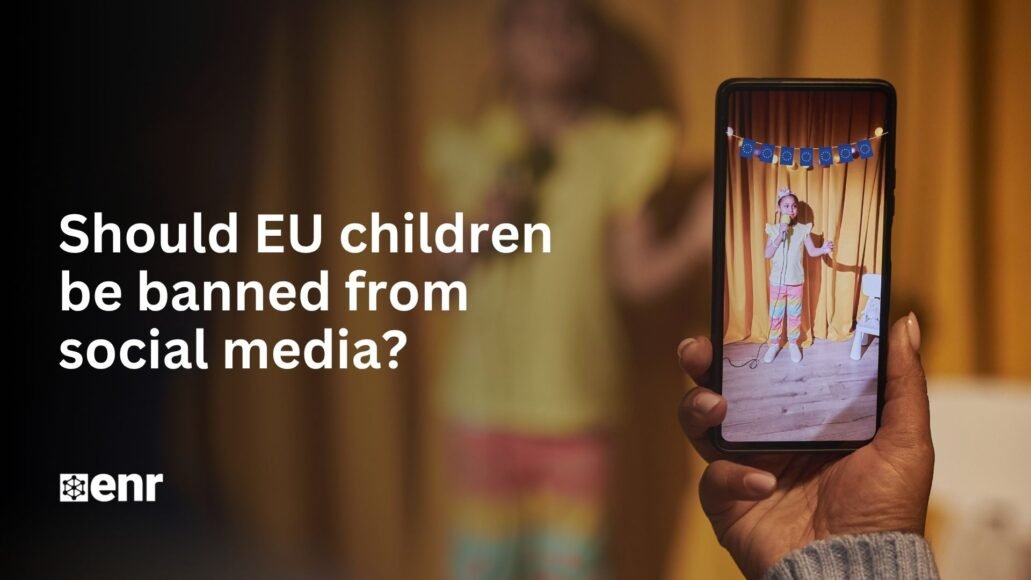
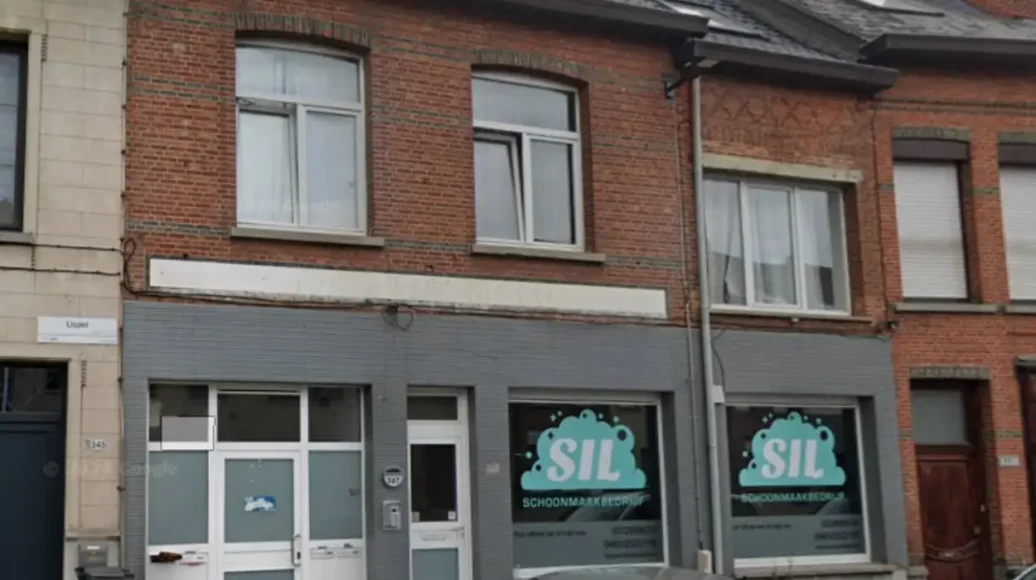
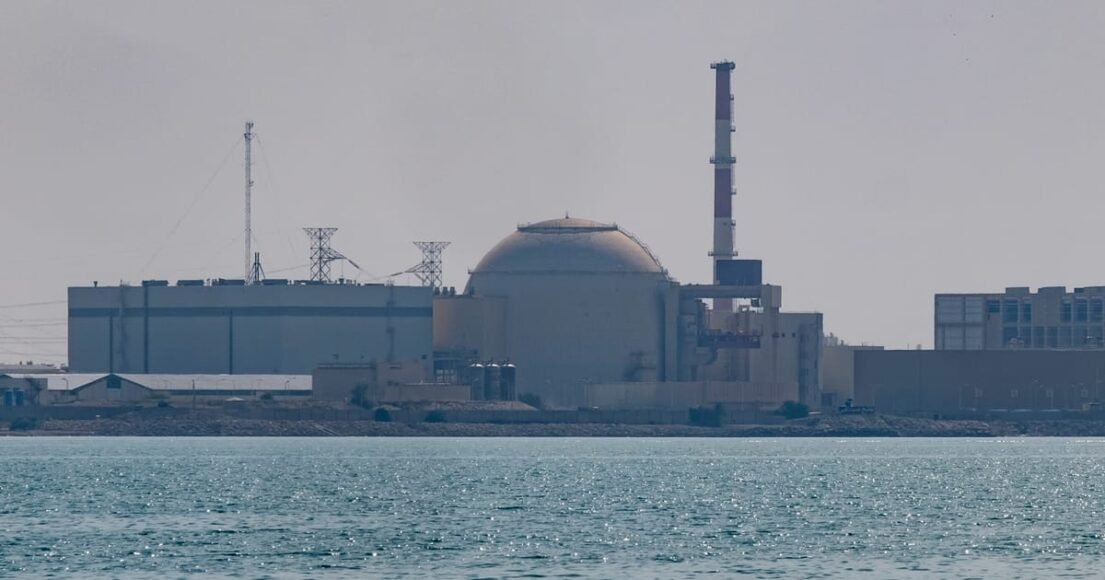
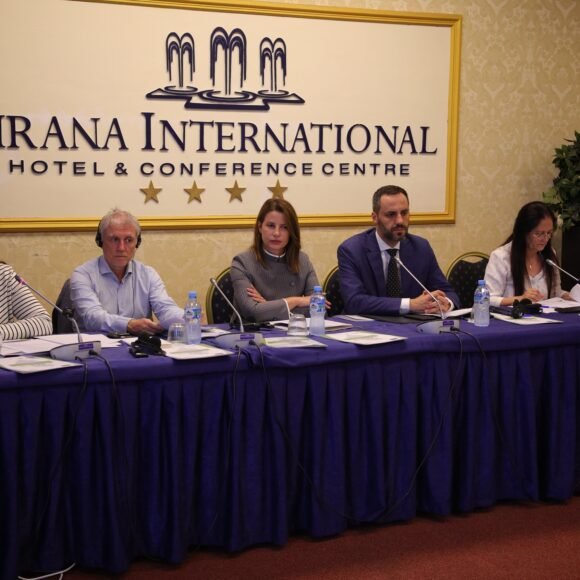
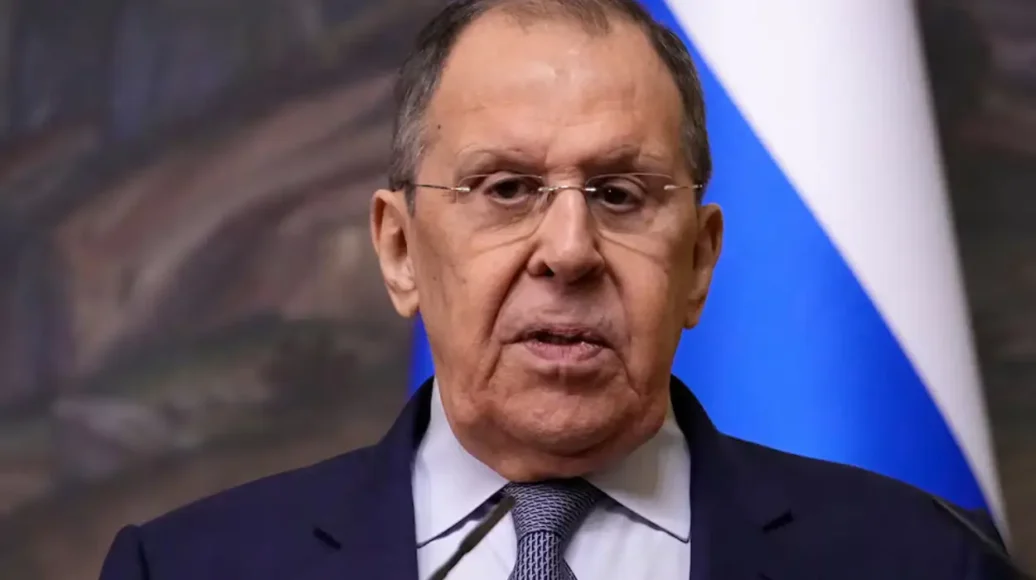
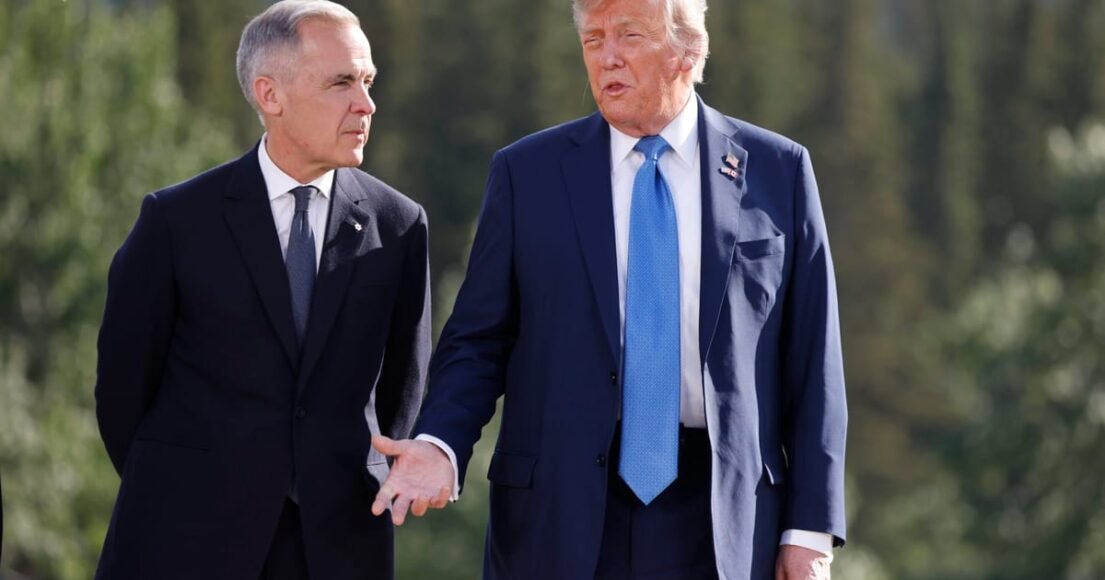
Leave a Reply